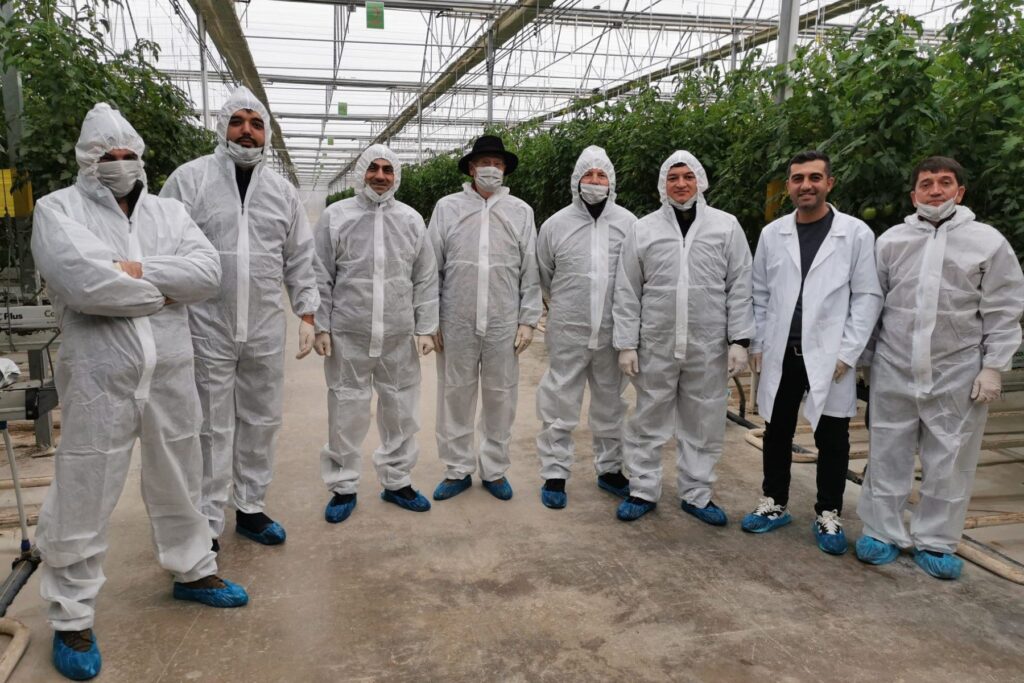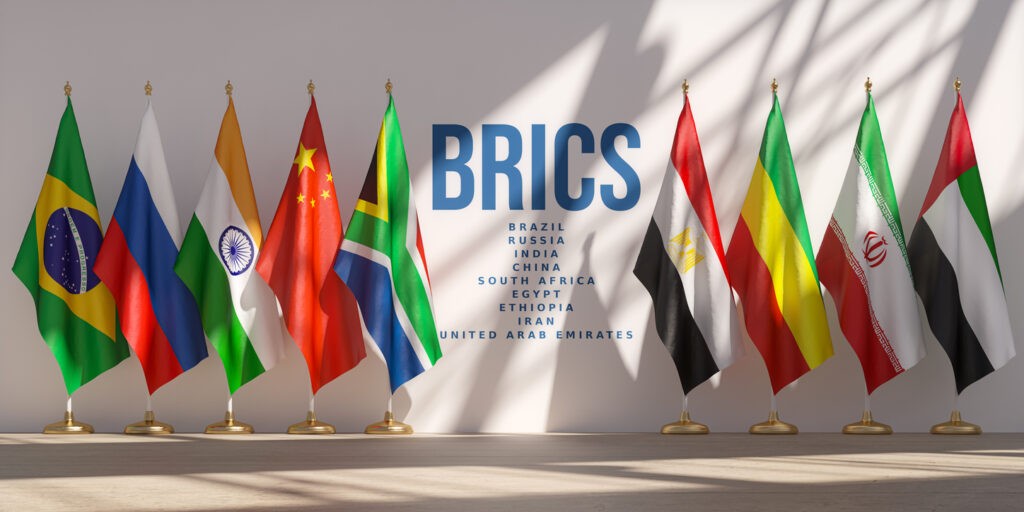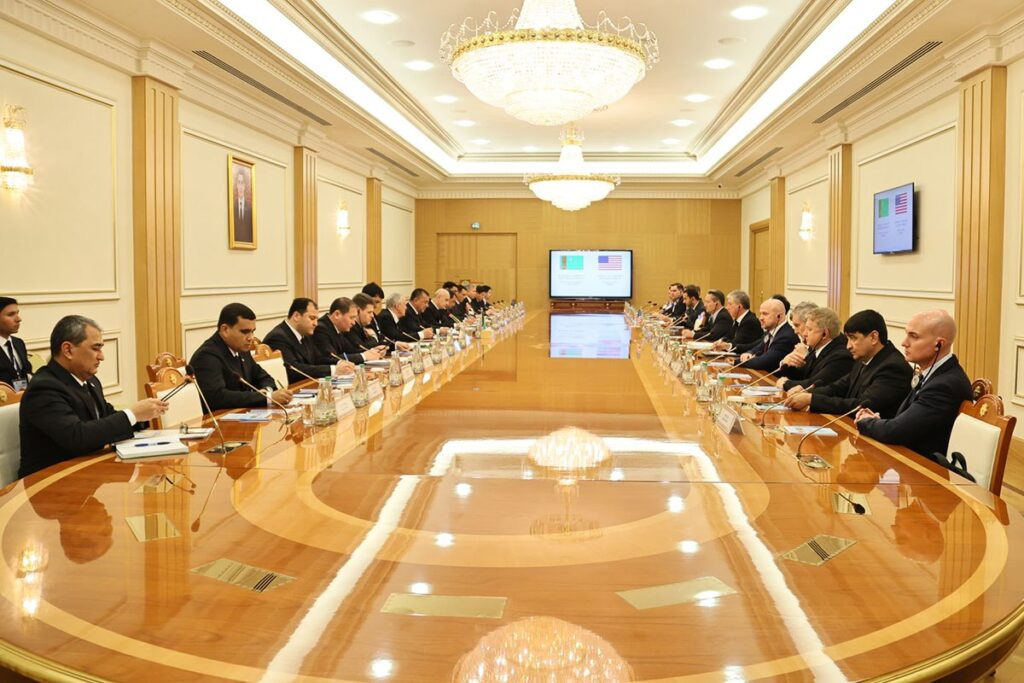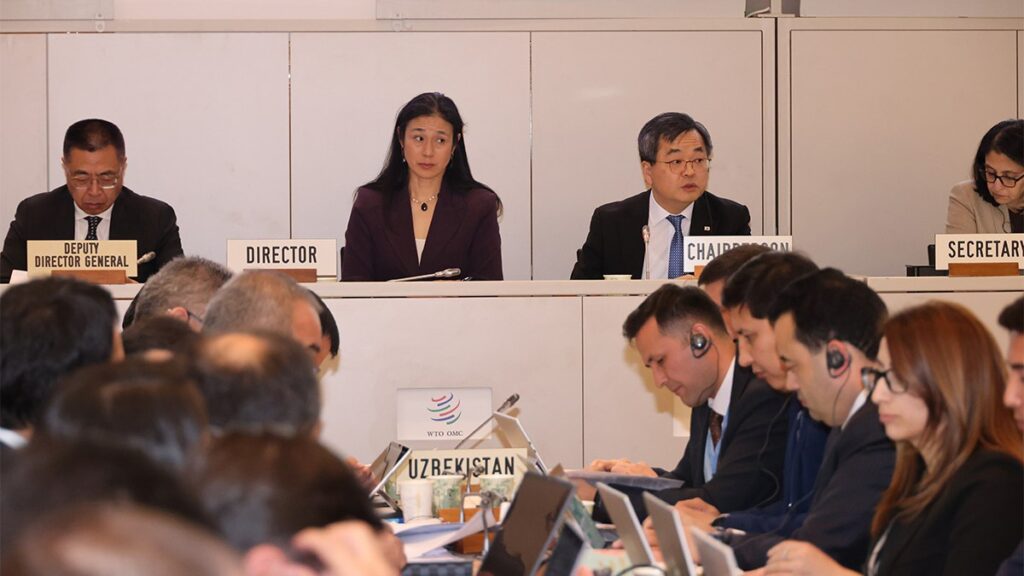Turkmenistan Strengthens Cooperation with IAEA to Equip New Cancer Center
Turkmenistan is deepening its collaboration with the International Atomic Energy Agency (IAEA) to advance nuclear medicine, as announced by Gurbanguly Berdimuhamedov, Chairman of the Halk Maslahaty (People's Council). The announcement came during his visit to the construction site of the new International Scientific and Clinical Center for Oncology in Ashgabat, as reported by the TDH news agency. Berdimuhamedov highlighted the importance of consulting with IAEA experts to ensure the center’s safe operation, particularly in handling radioactive waste. He stressed that equipping the facility with state-of-the-art technology is essential for meeting high standards in cancer treatment. The new center, under construction in the Choganly district in northern Ashgabat, will have a capacity of 500 beds. It will feature specialized departments for the diagnosis, treatment, and rehabilitation of cancer patients. Berdimuhamedov also emphasized the need to develop highly skilled medical personnel for the center. Medical professionals will be offered training opportunities in leading international clinics and encouraged to collaborate with foreign specialists. The facility aims to build strong partnerships with specialized medical institutions both within Turkmenistan and abroad. “International cooperation, particularly with the IAEA, is vital in the fight against cancer. Strengthening these ties is a key factor in the effective operation of the new center,” Berdimuhamedov stated. The oncology center is set to greatly enhance Turkmenistan’s healthcare system by providing advanced cancer care and contributing to global progress in nuclear medicine and cancer research.






